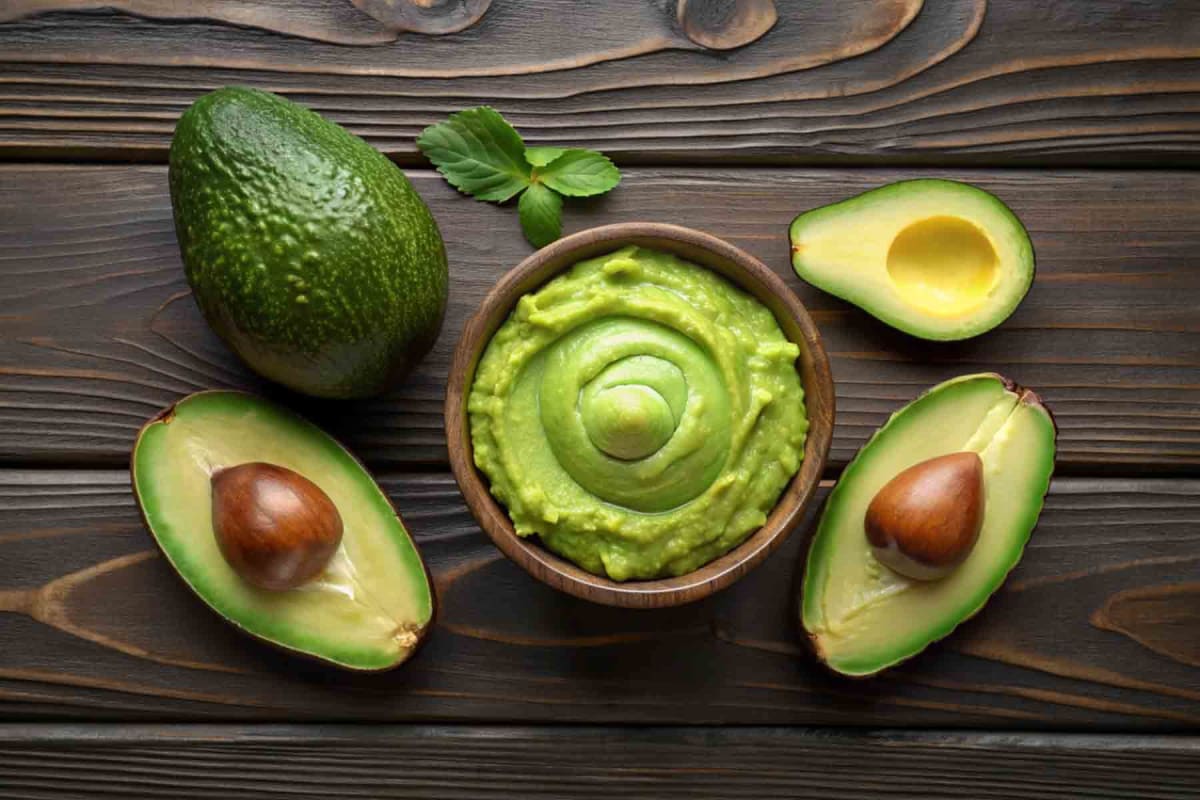
Can dogs eat avocado?
Can dogs eat avocado?
Can dogs have avocado?
Avocados are a nutritious superfood for humans, but when it comes to our canine companions, the answer is more complicated. While dogs are more resistant to persin (a toxin found in avocados) than other animals, avocados still pose potential risks to dogs. Let's dive into the details and uncover the truth about dogs and avocados.
Why is avocado bad for dogs?
Avocados pose several risks to dogs:
Persin toxicity: Though dogs are less sensitive to persin than other animals, it can still cause gastrointestinal upset, vomiting, and diarrhea in some dogs.
High fat content: Avocados are high in fat, which can lead to gastrointestinal upset and pancreatitis in dogs, especially if consumed in large amounts.
Choking and obstruction hazards: The avocado pit is particularly dangerous as it can cause choking or intestinal blockages if swallowed. The pit is large, hard, and perfectly sized to cause obstructions in a dog's esophagus, stomach, or intestinal tract.
Weight gain: Due to their calorie-dense nature, avocados can contribute to weight gain in dogs.
Signs of persin poisoning
If your dog has consumed avocado, watch for these symptoms:
Vomiting
Diarrhea
Gastrointestinal upset
Myocardial damage, showing through coughing, weakness, fainting, lethargy, abdominal swelling, or loss of appetite (in severe cases)
While severe persin poisoning is rare in dogs, these symptoms should prompt immediate veterinary attention.
Is avocado ever good for dogs?
Technically, no part of the avocado is completely safe for dogs. Professional veterinarians universally recommend avoiding avocados entirely. While avocados contain healthy fats, vitamins A, E, and B6, and fiber that can benefit dogs' skin, coat, and digestion, the risks generally outweigh the benefits.
The fatty acids in avocados can support the immune system and reduce inflammation, but there are safer foods that provide similar nutritional benefits without the risks associated with persin.
Can dogs have avocado oil?
Avocado oil is generally safe for dogs when used in grooming products. Its antioxidants and anti-inflammatory properties may help soothe dry or sensitive skin and promote a healthier, shiny coat. However, some dogs may have a sensitivity or allergy. Perform a patch test before using avocado oil products extensively.
What to do if your dog eats avocado
If you drop a piece of avocado on the floor while preparing food and your dog gets to it before you do, don't panic. A small amount of avocado flesh should not be harmful. However, you may want to follow these steps to ensure your pup stays happy and healthy:
Determine how much and which parts of the avocado your dog consumed.
Monitor your dog for any signs of distress, vomiting, or diarrhea.
If your dog has swallowed the pit, contact your veterinarian immediately as this is a serious emergency that may require surgery to remove the blockage.
For minor ingestion of avocado flesh, keep an eye on your dog for 24 to 48 hours for any adverse reactions.
When in doubt, contact your veterinarian or an animal poison control center for guidance.
How to prevent your dog from eating avocado
To keep your dog safe from avocados:
Store avocados out of your dog's reach.
Dispose of avocado pits, skins, and plant material securely where your dog cannot access them.
Educate household members and guests about the dangers of feeding avocados to pets.
Use a dog-proof garbage can if your dog tends to rummage through trash.
Keep avocado plants away from areas where your dog has access.

Alternative dog-safe treats
Instead of avocados, consider these other healthy foods dogs can eat:
Carrots
Green beans
Cooked sweet potatoes
Bananas
Blueberries
Pumpkin
These treats provide similar nutritional benefits to avocados without the associated risks, making them safer choices for your canine companion.